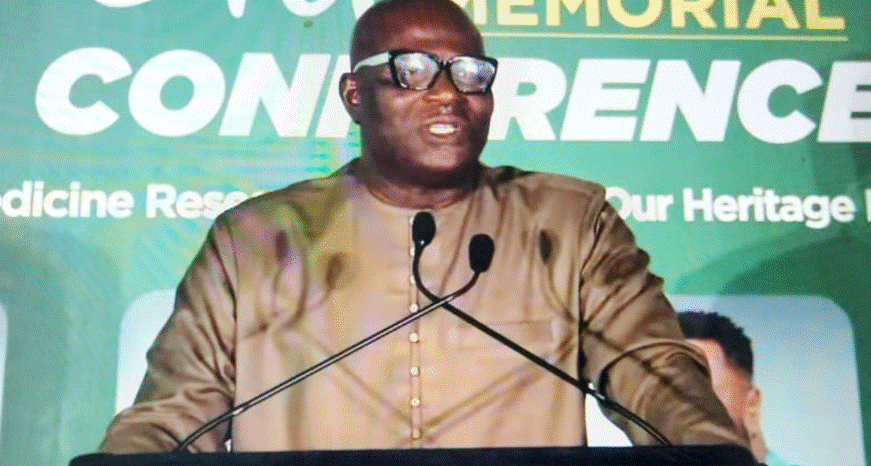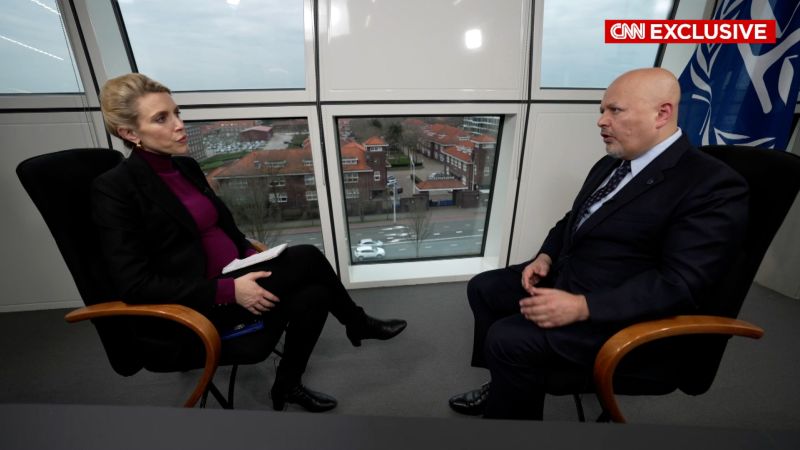More than 5,000 fossil fuel lobbyists were given access to the UN climate summits over the past four years, a period marked by a rise in catastrophic extreme weather, inadequate climate action and record oil and gas expansion, new research reveals.
Lobbyists representing the interests of the oil, gas and coal industries – which are mostly responsible for climate breakdown – have been allowed to participate in the annual climate negotiations where states are meant to come in good faith and commit to ambitious policies to reduce greenhouse gas emissions.
The roughly 5,350 lobbyists mingling with world leaders and climate negotiators in recent years worked for at least 859 fossil fuel organizations including trade groups, foundations and 180 oil, gas and coal companies involved in every part of the supply chain from exploration and production to distribution and equipment, research shared exclusively with the Guardian has found.
Just 90 of the fossil fuel corporations that sent lobbyists to climate talks between 2021 and 2024 accounted for more than half (57%) of all the oil and gas produced last year, according to the analysis by Kick Big Polluters Out (KBPO), a coalition of 450 organizations campaigning to stop the fossil fuel industry blocking and delaying global climate action.
These corporations, which include many of the world’s most profitable private and publicly owned oil and gas majors, accounted for the production of 33,699m barrels of oil equivalent in 2024 – enough to cover more than the entire area of Spain with a 1cm blanket of oil.
The same 90 firms also account for almost two-thirds (63%) of all short-term upstream fossil fuel expansion projects which are gearing up for exploration and production, according to the newly released Global Oil and Gas Exit List – a dataset which includes more than 1,700 companies covering more than 90% of global oil and gas activity.
If executed, these expansion projects will produce enough oil – 2.623m km² at 1cm thickness – to coat the entire landmass of seven European countries (France, Spain, Germany, Denmark, Sweden, Finland and Norway) combined.
The findings have renewed calls for fossil fuel companies and other big polluters to be banned from the annual climate negotiations amid mounting scientific evidence that the world has failed to limit the rise in global temperatures to 1.5C above preindustrial levels,.
“This information clearly exposes corporate capture of the global climate process … the space that should be about science and the people has been transformed into a large carbon business hall,” said Adilson Vieira, spokesperson for the Amazonian Work Group. “While forest communities fight for survival, the same companies that cause climate collapse buy credentials and political influence to continue expanding their fossil empires.”
“Not only are Indigenous peoples on the frontlines of their extractive sites suffering human rights violations, but we also face the brunt of climate chaos on our lands with worsening floods, wildfires, and extreme heat waves. We need to take down the ‘for sale’ sign on Mother Earth and bar entry to Cop for oil and gas lobbyists,” said Brenna Yellowthunder, lead coordinator for the Indigenous Environmental Network, a member of KBPO.
The 30th UN climate summit (Cop30) opens on Monday in Belem, a city in the Brazilian Amazon – the world’s largest rainforest, which is being destroyed by ever-expanding fossil fuel exploitation, industrial agriculture, and mining, among other extractive industries.
The annual meetings are where every country in the world negotiates on how best to tackle the climate crisis. The decisions should be driven by the legally binding United Nations Framework Convention on Climate Change (UNFCCC) treaty, and the 2015 Paris agreement to curtail global heating to under 1.5C.
The research analyses the fossil fuel lobbyists known to have attended the negotiations in Glasgow (Cop26), Sharm el-Sheikh (Cop27), Dubai (Cop28) and Baku (Cop29). Until then, information about lobbyists was not collated by the UNFCCC.
Growing anger at the lack of meaningful action by the world’s wealthiest, most polluting countries has been compounded by revelations that the fossil fuel industry appears to be granted greater access to the climate talks than most countries.
Last year, 1,773 registered fossil fuel lobbyists attended the summit in Azerbaijan – 70% more than the total number of delegates from the 10 most climate-vulnerable nations combined (1,033).
But the true reach of fossil fuel tentacles is undoubtedly deeper as the lobbyists data excludes executives and other company representatives on official country delegations participating directly in the confidential negotiations, and those attending as guests of governments, known as overflow delegates.
The largest number of known lobbyists in recent years were representing state-owned companies from the United Arab Emirates, Russia and Azerbaijan.
Many of the world’s most profitable fossil fuel corporations have also been present at recent Cop summits, at a time when governments faced huge public pressure – but failed – to agree to phase out fossil fuels despite deadly climate impacts affecting every corner of the planet.
Between 2021 and 2024, Shell sent a combined total of 37 lobbyists, BP sent 36, ExxonMobil 32 and Chevron 20.
In the past five years, the four oil majors made more than $420bn in combined profits.
On Friday the Exxon CEO Darren Woods will headline a Cop30 launch event in Brasilia hosted by the US chamber of commerce called Pragmatic Business Solutions for Carbon Accounting and Emission Reductions. The US, which like every state is legally obliged under international law to tackle the climate crisis, has withdrawn from the Paris agreement and is not sending a country delegation to the summit.
Petrobas, the majority state owned Brazilian multinational which sent at least 28 lobbyists to the past four climate summits, was recently grant ed a licence to conduct exploratory oil drilling in the sea off the Amazon, which is home to multiple Indigenous communities and about 10% of the planet’s known species.
A spokesperson said: “Petrobras will be present at COP30, as it has been at previous talks, because it recognizes the opportunity to discuss sustainable models… The company’s participation in COP30 reinforces its commitment to follow and contribute to international debates on climate and energy.”
Shell, BP, ExxonMobil and Chevron did not respond to requests for comment.
After years of campaigning by civil society groups, Cop delegates this year are being asked to publicly disclose who is funding their participation – and confirm that their objectives are in alignment with the UNFCCC. But the new transparency requirement excludes anyone in official government delegations or overflows, and calls for stricter conflict of interest protections to cut industry influence have not been adequately heeded, advocates say.
“The new rules are a welcome start, but they come decades too late … and transparency without exclusion is performative. You cannot claim to fix a process already captured by the very corporations burning the planet and fueling wars,” said Mohammed Usrof, executive director of the Palestinian Institute for Climate Strategy. “The UNFCCC must move from disclosure to disqualification… without reform this process will not save the world, and instead, will just help bury it.”
UNFCCC has been contacted for comment.









 English (US)
English (US)